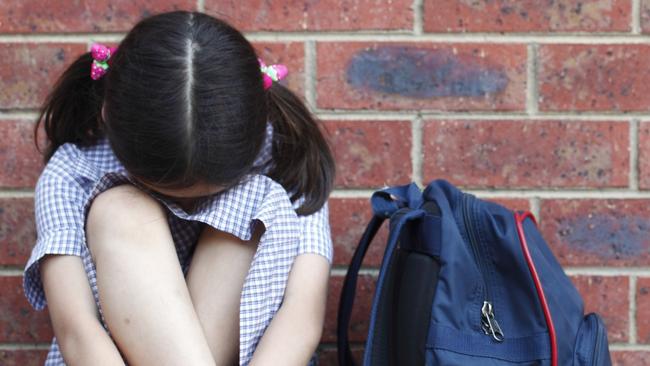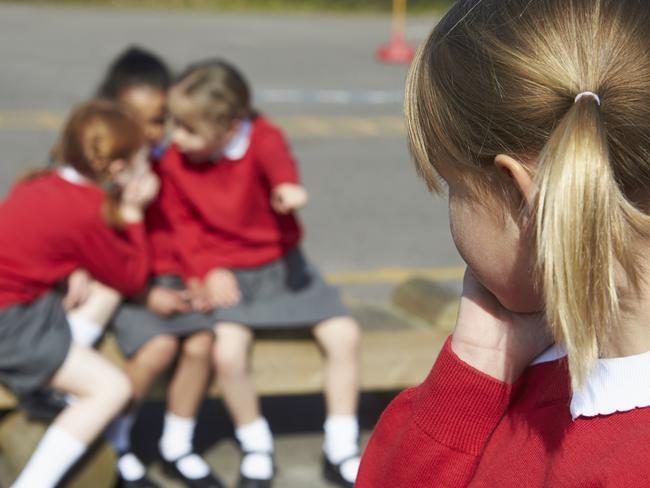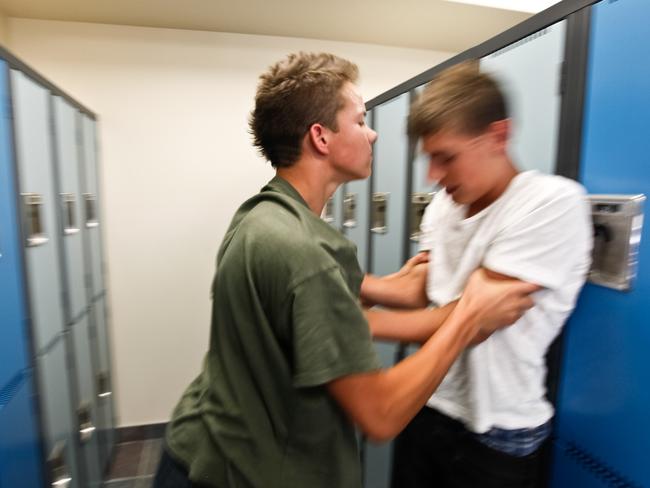Greg Whitby: How to deal with bullying at school
Greg Whitby: First of all, parents and students need to understand what actually constitutes bullying.

Parramatta
Don't miss out on the headlines from Parramatta . Followed categories will be added to My News.
- Why we need more male primary teachers
- Rewarding every student’s achievement
- Is it time we had school cafeterias
When I was a school principal, one of the most challenging parts of my role was dealing with the complex matter of bullying.
It is complex because it usually involves many people and often many perspectives. While it is critical schools handle these matters sensitively and in a timely manner, it is also important for parents and students to understand what bullying is.
What may have been meant as lighthearted teasing in the playground or on the sporting field, or a dispute between two friends over access to a computer game isn’t bullying. These comments can be unpleasant, but they not the same as behaviour that is repetitive and involves someone being physically, emotionally or psychologically injured.

Bullying is about someone exerting power over another. Bullying that takes place over a long time can cause serious harm. It impacts on a student’s self-esteem, their ability to focus and learn, and on their relationships with other students and families. The effects of bullying can sometimes last a lifetime.
It is critical young people speak up when the behaviour of others moves beyond something lighthearted to something that is intended to cause injury.
Many schools empower students by giving them strategies to respond to bullying when it occurs. Teaching students how to solve problems, resolve conflict, ask for help, and develop empathy are all ways that can minimise the negative effects of bullying.

While there always needs to be appropriate consequences, punishment is only a short-term fix.
What matters is changing that behaviour, otherwise it is likely to continue, sometimes into adulthood.
The best approach is to try to understand the causes and help the person who is doing the bullying to better understand and realise just how much harm they are causing. The sad fact is that many young people who bully others have been victims themselves.
It is important parents talk to their children about what bullying is and reassure them if they feel bullied, to speak up. Parents and schools cannot do anything to address the issue if they don’t know it is happening.
*Greg Whitby is the executive director of schools for the Catholic Diocese of Parramatta.


